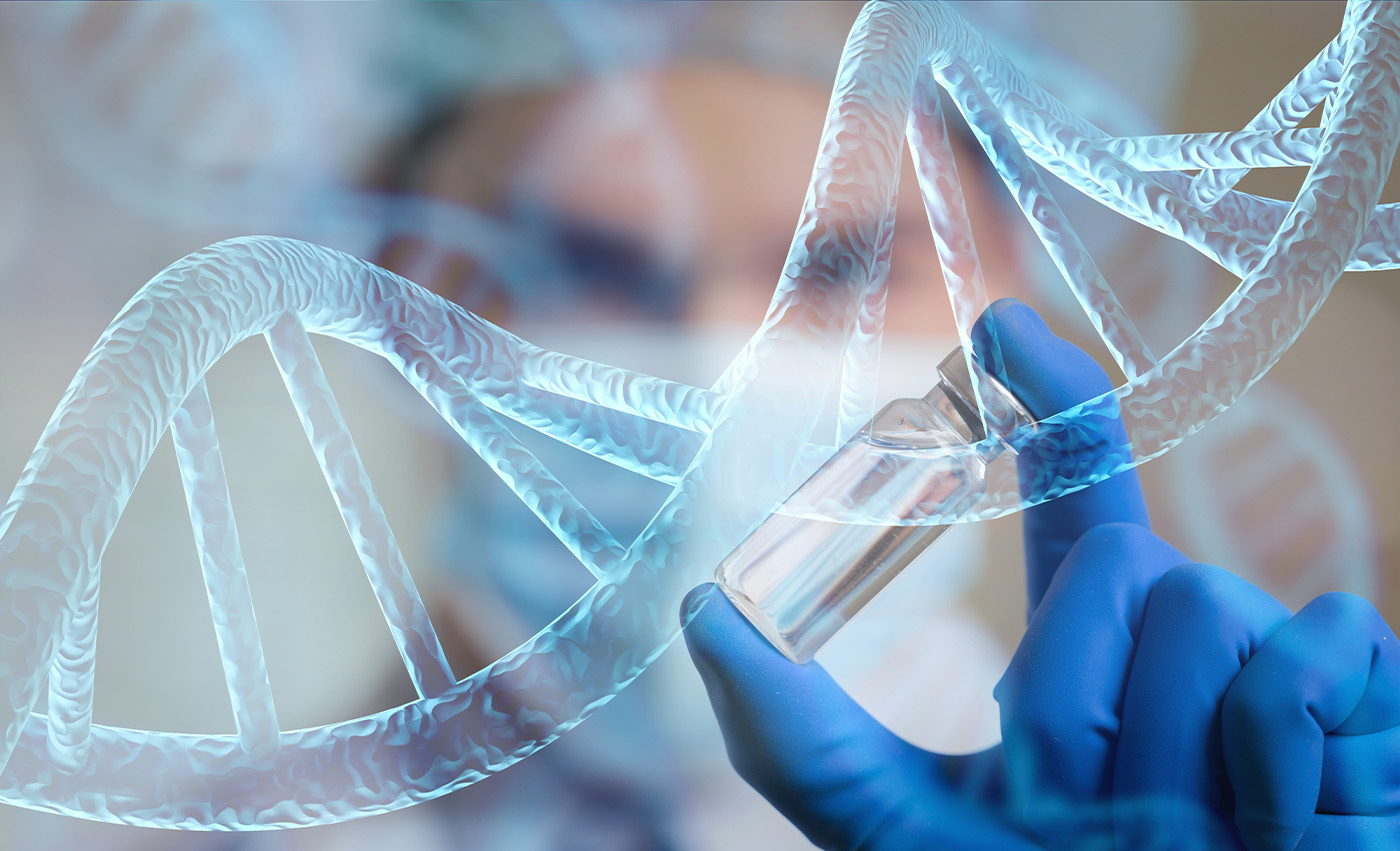Space Biomedical Research and Development
Il Sole 24 Ore recently interviewed Davide Marotta, director of the space laboratory’s Biomedical Research and Development programme, to explore one of the most fascinating topics in scientific research: the impact of microgravity on biological processes. Did you know that physics, biology and chemistry experiments are carried out in space every day? This is due to the speed at which biological processes develop in weightlessness.
Studies on brain organoids, mini-cellular aggregates that simulate the structure of the human brain, have shown how space promotes faster cell maturation. In other words, biological time seems to accelerate. One of the most fascinating hypotheses concerns the behaviour of DNA: on Earth, gravity keeps it compact, while in orbit DNA appears more “open”, facilitating the access of regulatory proteins and accelerating the production of messenger RNA. It is not difficult to imagine how this phenomenon could revolutionize stem cell research and regenerative medicine!
The challenge of regenerative medicine
Creating therapeutic cells On Earth, is a complex and often inefficient process: many cells do not mature properly or are genetically unstable. In microgravity, on the other hand, a greater efficiency in cell differentiation was observed, obtaining more specialized cells and potentially safer for clinical use. This discovery opens new perspectives for personalized medicine: whether the production of mature stem cells and neurons can be optimized in space, we could in future use this knowledge for advanced treatments against neurodegenerative diseases or for the regeneration of damaged tissues.
A new approach to Alzheimer’s research
Among the most promising possible applications, microgravity offers a unique opportunity to study Alzheimer. Normally, the continued proliferation of cells on Earth makes it difficult to observe early signs of disease. However, in space, the slowing down of cell division and accelerated maturation create an orderly environment, allowing researchers to pinpoint the very first pathological changes. This perspective could pave the way for new early intervention strategies.
The future of biomedical research in space
The results obtained so far are encouraging, but still in the experimental phase. The space lab is proving to be an unprecedented research environment, where science can go beyond the limits of terrestrial biology. The implications for the future of medicine are immense: from the production of more effective drugs to the possibility of curing diseases hitherto considered incurable. The next step? Turn these discoveries into concrete solutions for human health.
Read the full article on Il Sole 24 Ore.


